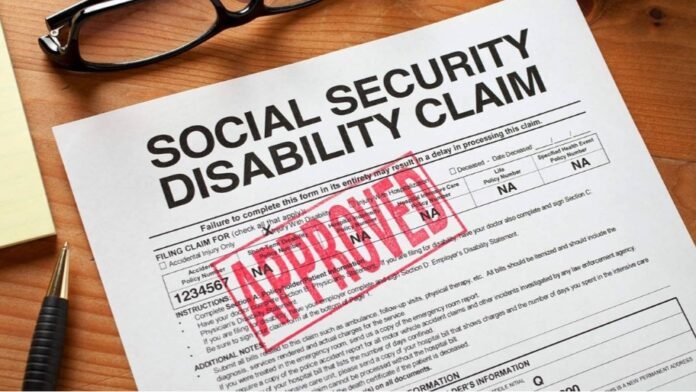Last Updated on July 18, 2024 by Nasir Hanif
Anyone seeking Social Security disability benefits must navigate a complex application process, and most applicants are unfortunately denied. With denial rates so high across the country, applicants must familiarize themselves with the Social Security appeals process. Unfortunately, most people will have to go through one or more appeals to obtain their benefits. By appealing a disability denial, individuals can increase their chances of approval and get the financial assistance they need.
Table of Contents
The Four Levels of the Appeals Process
- Reconsideration Application
- Hearing with an Administrative Law Judge
- Review by the Appeals Council
- Federal Court Review
During the appeals process, each step must be taken in order before moving on to the next. Each level must be started within a specific timeframe (usually 60 days). For most steps, you will need to provide additional documentation or medical evidence to support your disability application. Many people also choose to hire legal help from Disability Lawyers like the ones at Seguro Social Por Incapacidad since the appeals process can be time-consuming. Having a Social Security Disability attorney on your side can ease the burden and usually shorten the waiting time between stages.
Why Was My Disability Application Denied?
The Social Security Administration (SSA) manages two primary disability benefit programs: Social Security Disability Insurance (SSDI) and Supplemental Security Income (SSI). These two programs currently provide monthly cash benefits to more than eight million Americans. However, only a little over 35% of applications are approved after the initial application. After considering those who go through the appeals process, the final acceptance rate increases to over 50%. There are several reasons why your initial application might be denied due to the SSA’s comprehensive eligibility guidelines.
Basic Criteria for Disability Benefits
To better understand the reasons for Social Security disability benefit denials, it’s helpful to know the basic criteria for qualifying. Disability insurance is reserved for those with severe conditions expected to last more than 12 months or result in death, preventing them from engaging in substantial gainful activity (SGA). Applicants must have also paid into the Social Security system by acquiring a certain number of work credits during their working life. A typical worker earns four credits per year of employment, and an applicant needs 20 credits or to have worked five of the last ten years. It is highly recommended to check your eligibility before submitting your application to ensure that you meet the basic criteria. Once your application is received, it will be reviewed by the state’s disability determination agency to see if it meets federal criteria.
Common Reasons for Denial
1. Capable of Performing Other Work
The most common reason applicants are denied benefits is because they are deemed capable of performing other work (different from their occupation before becoming disabled) and earning more than the SGA limits. Of SSDI’s final decisions, over 41% of applicants were denied for this reason. According to SSDI guidelines, even if you cannot continue your previous work, if it’s determined that you can switch to another type of job, you will be denied benefits.
2. Disability Not Severe Enough
The second most common reason for denial is that the disability is not severe enough. Approximately 24% of denied applications fall into this category. The SSA refers to a reference called the “blue book,” which lists all disabilities that have been pre-authorized to receive SSDI benefits. However, it’s not enough just to have your disability listed here: you must also meet the listed criteria for severity, which must be backed by medical evidence.
Each condition comes with a description of symptoms and a list of the necessary test results and diagnoses to qualify your disability as severe enough. Many applicants mistakenly believe that simply because their condition is listed, they will be automatically approved. The blue book is available online to anyone, and it’s recommended to consult the list relevant to you along with your doctor to determine if you meet the criteria.
Other Reasons for Denial
Applicants are also denied if the SSA believes they can still perform their previous job despite their disability or if the disability isn’t expected to last 12 months. There may be other reasons, such as not having enough work credits or an incomplete application.
Apart from that if you want to know about “Tips for Evaluating Personal Injury Attorneys in Chesapeake, VA” then please visit our “Law” Category.
